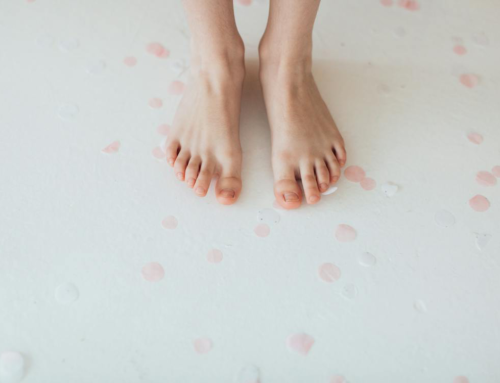Toenail fungus is something that is often left untreated, usually with disastrous consequences. Since toenail fungus usually starts out mild and seems to be a purely cosmetic problem, people tend to think that treatment is unnecessary. People think that the infection will disappear on its own. These people make the mistake of underestimating how stubborn of an infection toenail fungus can be. Owing to the fact that fungi, in general, are very resilient. So, the right move is to take steps to treat your toenail fungus, and sooner rather than later.
Finding the best treatment for you
The first thing to do when you have toenail fungus is to shield people around you from exposure. Since this is a very infectious condition. This means not sharing towels, nail clippers, or socks and shoes, and also not walking anywhere barefoot. The next thing to do is to evaluate your treatment options. The most accessible option is over-the-counter topical ointments, creams, and solutions, which are less than 1% effective. There are some prescription topical solutions available, both in those the efficacy rises to only 6% after one usage. A common treatment for toenail fungus includes oral pills, which are approximately 60% effective. However, these oral pills often come with disastrous side effects. Particularly to the liver, and can result in liver damage, liver failure, and sometimes even prove fatal.
Laser Treatment for toenail fungus
That brings us to the option of laser treatment for toenail fungus. There are many different types of lasers available on the market, amongst which the FDA-approved PinPointe laser is the most effective. It achieves an 85% cure rate from only one treatment, whereas other lasers can take several sessions. It also kills the fungus with heat damage that is harmless to human skin, so there is no radiation or related side effects.
After getting treated with the PinPointe laser, the fungus has been killed and it is time to prevent any reinfections. This is done by disinfecting your home, including your sheets, shoes and socks, carpets, and towels, and throwing away all used nail tools and nail polishes. You should also apply antifungal creams and solutions to your nails, and antifungal sprays to your shoes, in case you come into contact with fungal spores. If you would like to treat your toenail fungus, contact us to schedule a free consultation with one of our doctors. We have over 150 clinics nationwide, including Charlotte, NC.



